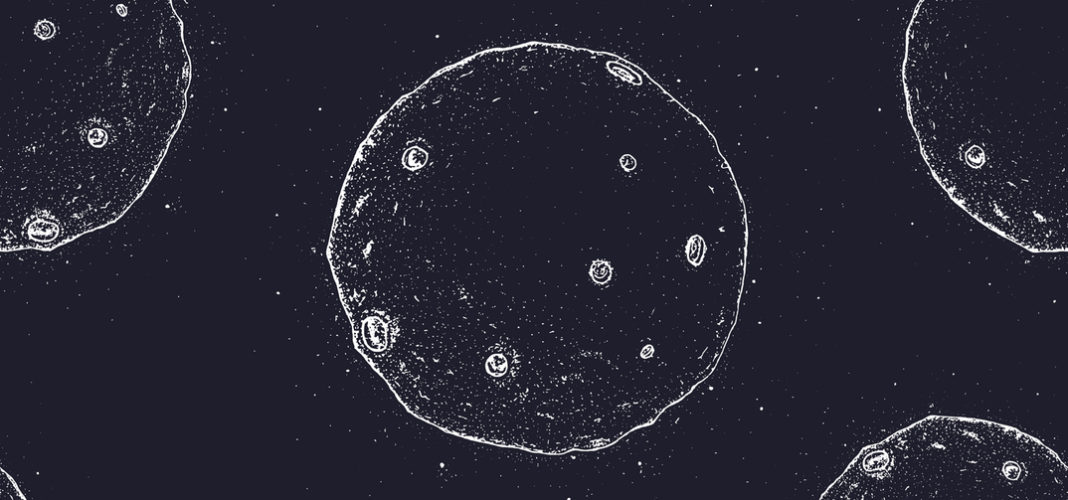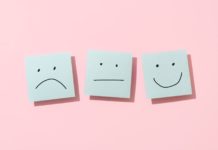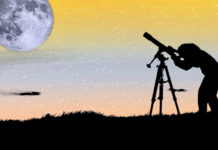Ideas about the moon’s influence on human beings are ancient and widespread, so much so that even a majority of health professionals consider lunar cycles a significant factor in mental health. There are stories from all over the world about strange and fantastic things that happen during the full moon beyond the bristling fur and snarling maw of the werewolf. In fact, the words “lunacy” and “lunatic” have the same etymological root as “lunar.”
Werewolf jokes aside, a study from researchers in Quebec, Canada, claims to debunk the myth that the full moon has an affect on people’s psychology and behavior. Scientists evaluated patients at a hospital in Montreal who came to the emergency room with the same complaint: unexplainable chest pains. Many of these patients also had a history of panic attacks, anxiety conditions, or mood disorders, but when incidences of their problems were compared to a lunar calendar, the researchers could not establish a link. Patients were no more or less likely to suffer from psychological imbalances when the moon was full than when it was a mere sliver or completely invisible.
The study’s director, Dr. Genevieve Belleville, hopes to re-characterize this folk wisdom as a “misperception” that “could, on the one hand, color [health professionals’] judgment during the full moon phase; or on the other hand, make them less attentive to psychological problems that surface during the remainder of the month.”
It isn’t completely ridiculous to believe that the moon influences our lives, even if we aren’t sprouting hair and dodging silver bullets once a month. We know the moon’s gravitational pull is responsible for the movement of our oceans’ tides and some scientific research shows there may be a relationship between the lunar cycle and earthquakes. Still, the Quebecois scientists’ point is clear: leave the great silver orb to her night sky and focus your attention here on earth.
I wish you all the best,
Dr. Samantha Boardman






